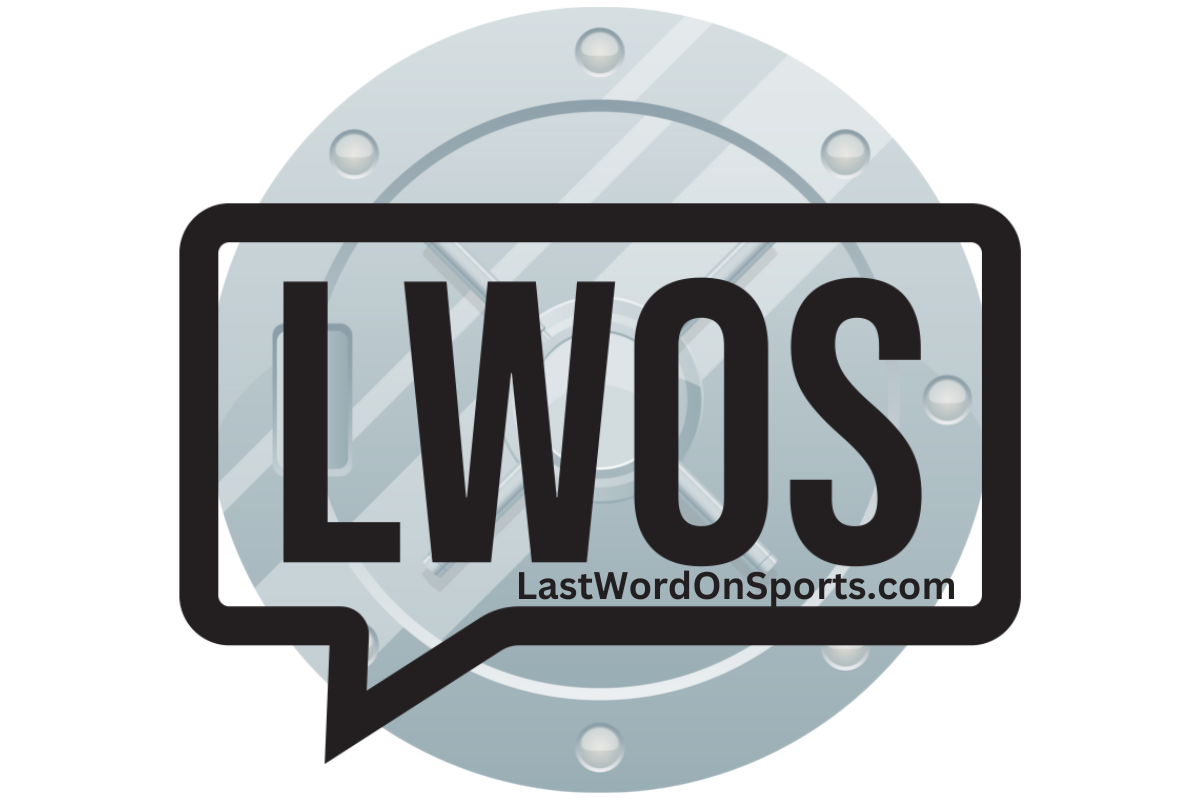NHL Arbitration Hearing, three words that players, GMs, Agents and owners all fear, or at least it seems that way. Since the Arbitration process started in the 1995 NHL CBA we have been seeing fewer and fewer RFAs actually make it to the hearing stage. This year’s hearings are scheduled were scheduled to take place between July 20th and August 3rd.
In total there were 19 arbitration filings this year, 16 filed by players, 2 normal arbitrations filed by teams (Nikolai Kulemin and Carey Price), and 1 cut down arbitration filed by the Vancouver Canucks on Mason Raymond.
However the number of cases actually making it to the arbitration process is growing smaller and smaller. Teams and players are both better off to come to an settlement prior to the hearing than to go through the process and put things in the hands of an arbitrator.
In the last twenty four hours, as the eve of their hearings approached we have seen T. J. Oshie sign a 5 year deal with the Blues, Nikolai Kulemin sign a 2 year deal with the Maple Leafs, and Sam Gagner ink a 1 year deal with the Oilers. In fact of the 19 scheduled cases 12 have already settled, with more last minute deals expected in the remaining 7 hearings. Some are even speculating that we may not see a single case actually reach an arbitrator this year.
The reasons are simple, it is always better to be able to craft your own agreement, to work together and find common ground, than to put things in the hands of a neutral third party. Going through with a hearing is an adversarial process, one where the GM of the team in question criticizes and cuts down his own player to the arbitrator in an attempt to reduce the arbitration award. It can often create resentment between the player and the GM and franchise and lead to more difficult negotiations down the road. Some might say that the issues which led to Shea Weber signing an offer sheet with the Flyers yesterday. As you may know, Weber was taken to arbitration by the Predators last season, and won his hearing as he was awarded a 1 year, $7.5 million contract.
Actually going through with the arbitration is also a huge risk. On the players side, the arbitrator may award you a contract far lower than what your team is offering and you have no choice but to play for that deal. On the owner’s side an arbitrator may awarad a contract far higher than what the player was willing to settle for. This could lead to the decision if you should pay the player or “walk-away” from the award leading to your player being a free agent. Famous walk-aways include the Blackhawks and Antti Niemi in 2010, the Sabres and J.P. Dumont in 2006, the Rangers and Nikolai Zherdev in 2009, and Tampa Bay and Cory Stillman in 2004. These walk aways led to the team losing an asset while getting nothing in return.
In arbitration you also have the arbitrator awarding 1 year deals, which means the parties are often in the exact same position next year. Whereas in the case of Kulemin and Oshie, the settlements being for multiple years help teams to plan for the future and lock players up for future UFA years as well.
While it may be true that more and more teams are foregoing arbitration the fact that it exists is still a huge tool in helping to get a lot of these deals done. The deadline aspect of the arbitration date is a big thing, as we see more and more last minute settlements. Last year, in the ultimate 11th hour deal, we saw the Rangers and Brandon Dubinsky come to an agreement in the hallway outside the arbitrators office, just minutes before the hearing would begin. Our three latest settlements were done in this way, on the eve of the hearing. The risk that these hearings present for both sides seem to help foster a sense of urgency in the negotiations.
The NHL has asked for the removal of the arbitration process in their first CBA offer. I don’t think this would be beneficial to the league. I think it will lead to more contract disputes and more hold outs, which would not be good for the product on the ice or the fans watching. The system we have is working and should be continued. Sure there may be room for tweeks and improvements, but overall, lets not kill a good thing.
Feel free to leave your comments below and follow me on twitter @lastwordBKerr.






